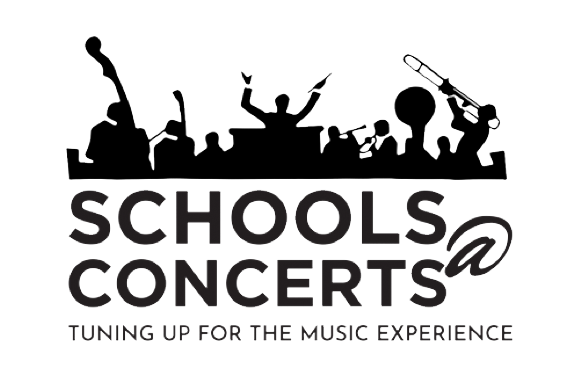Milena Petrović, Sabina Vidulin and Gabriela Karin Konkol
Theoretical background
There is a wide literature showing attending classical concerts affect the social wellbeing (Packer and Ballantyne, 2011). Neuroscientists explored the connection between music and the pleasure it elicits (Croom, 2011), because there is a strong positive correlation between pleasure and emotional arousal (Salimpoor et al., 2009). Classical concert audience members experienced a stress reduction (Fancourt & Williamon, 2016) especially during live performances (Shoda, Adachi, and Umeda, 2016). The aim of the European research project Schools@Concerts: Tuning up for the music experience is to introduce students to live classical music in order to increase and enrich their musical experience.
Aim
To show whether classical concerts improve wellbeing in children in compulsory school in Serbia, Croatia, and Poland.
Method
During 2018, students (64 in total) have visited three classical concerts organized in Belgrade (Serbia), Zagreb (Croatia) and Gdansk (Poland). Sample: 20 students aged 11 to 13 (Serbia), 36 students aged 12 to 15 (Croatia) and 8 students aged 10 to 11 (Poland). Pre-event and Post-event questionnaires and interviews for students, teachers and concert organizers were designed to gather information about participants’ music experiences. This research has focused on the benefits of classical concerts on students wellbeing. Preparation and follow up activities were included.
Results
Serbian and Croatian students’ questionnaire and interviews show that, in great number, music makes students free of daily routines, help them forget the sorrow, overcome anger and cope with stress. But, while Serbian results show most students think music helps them to become social persons, Croatian results show only half of the students think the same. Also, while Polish results show only one student think that music can relax him, according to Croatian and Serbian results, the majority of students consider this role of music. Students interview questions on the subject of the classical concert experience: pleasant and enjoyable (Serbia), interesting and unforgettable (Croatia), exciting and relaxing (Poland). Teacher interview questions: classical concert enlarge students’ preferences for classical music (Serbia), particularly if it is performed live (Croatia). Concert organizer interview questions: students heard some unusual ensemble (Serbia), dancing and multimedia concert (Croatia).
Conclusion and Implication
We assume that classical concerts can enrich students’ life and affect the psychological and social wellbeing, only if attending classical concerts is regular and frequent.
Presenter at the symposium: Milena Petrović, Gabriela Konkol, Sabina Vidulin
